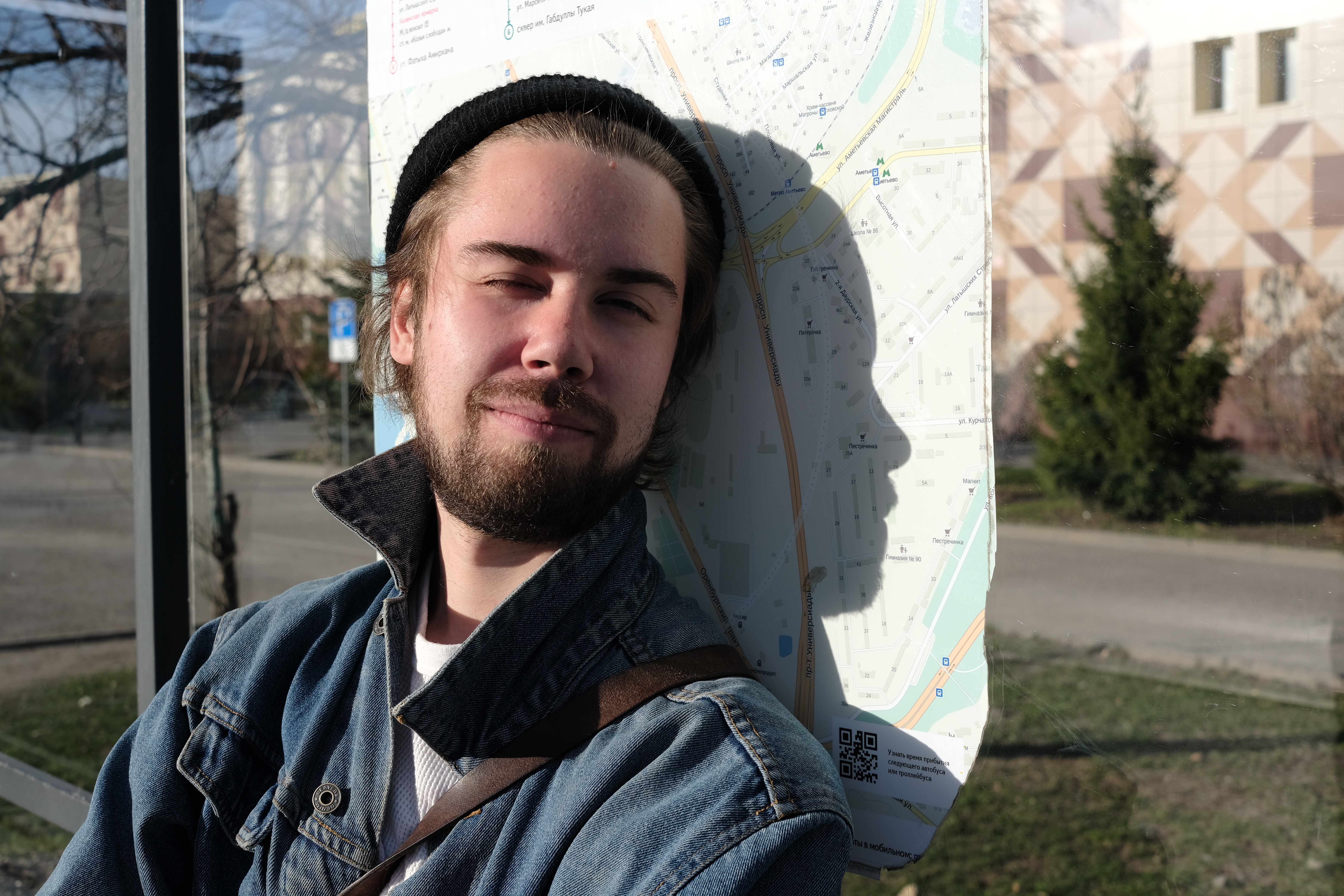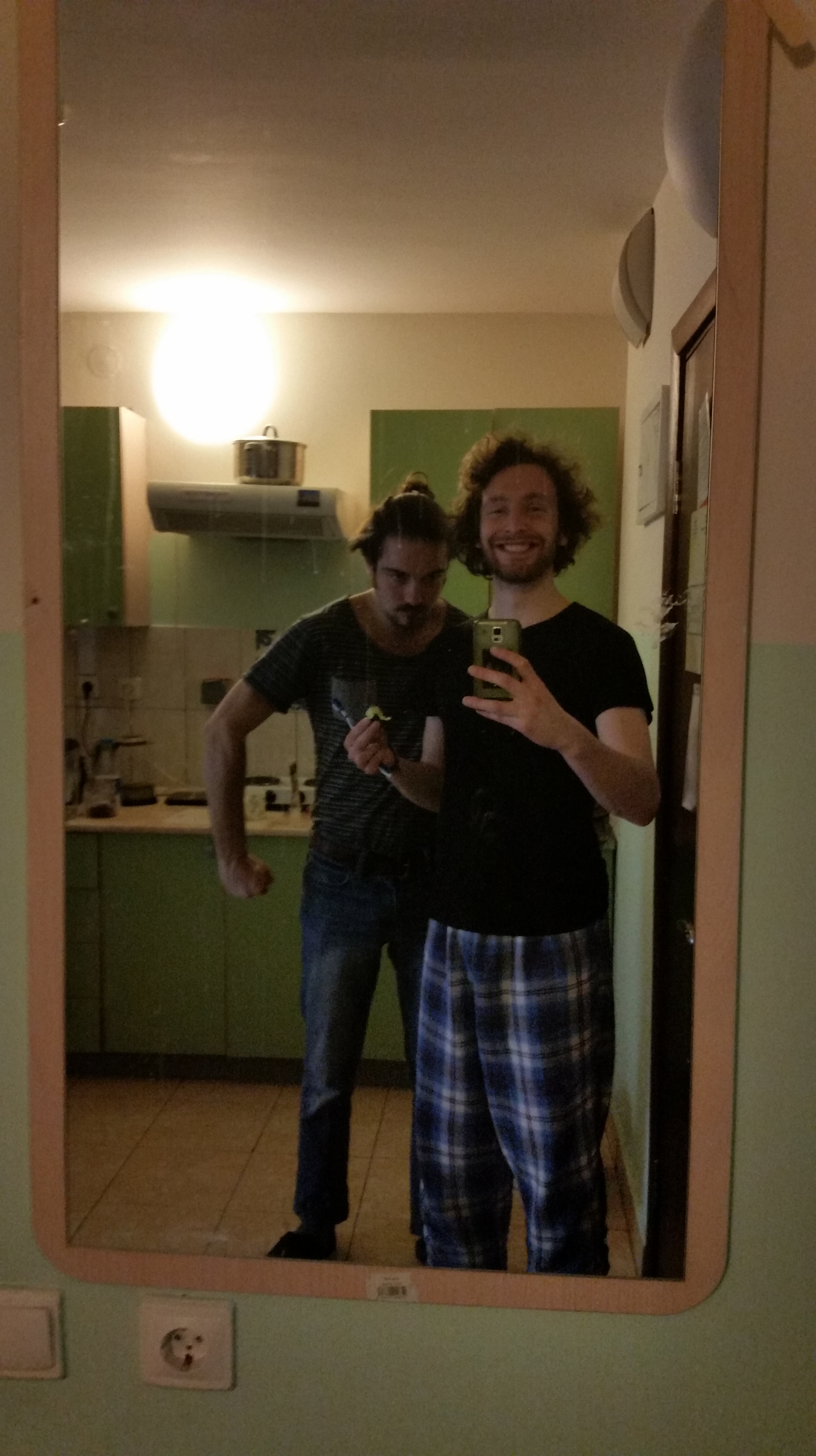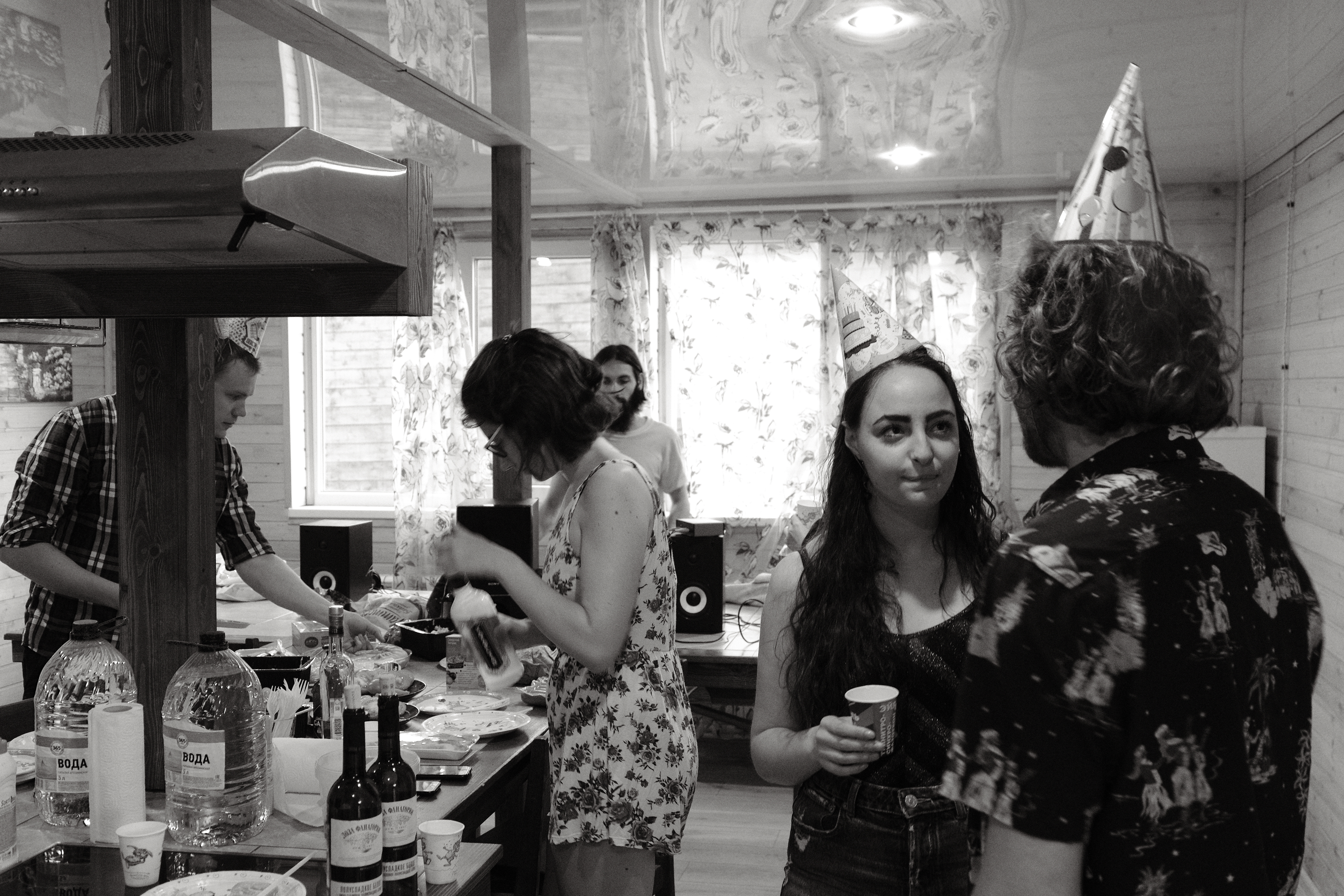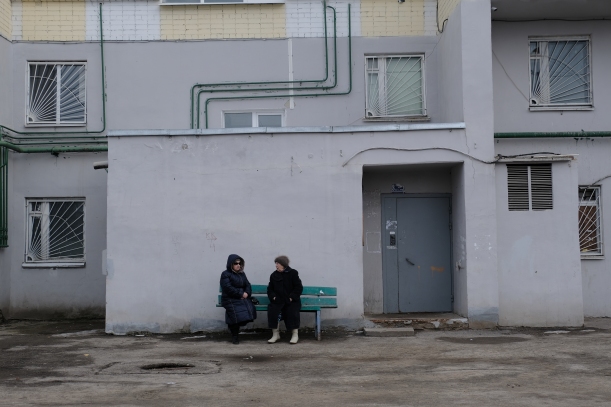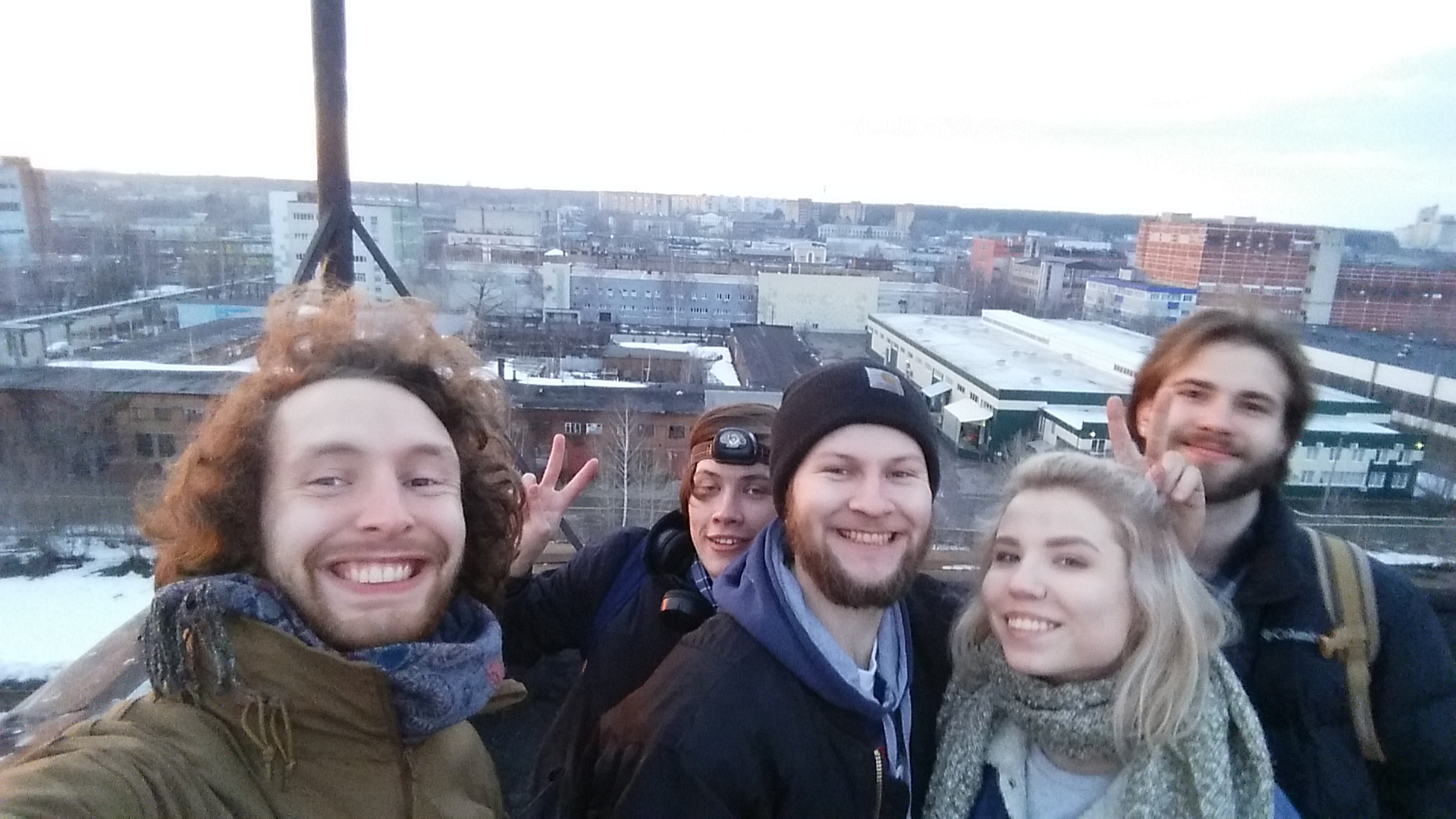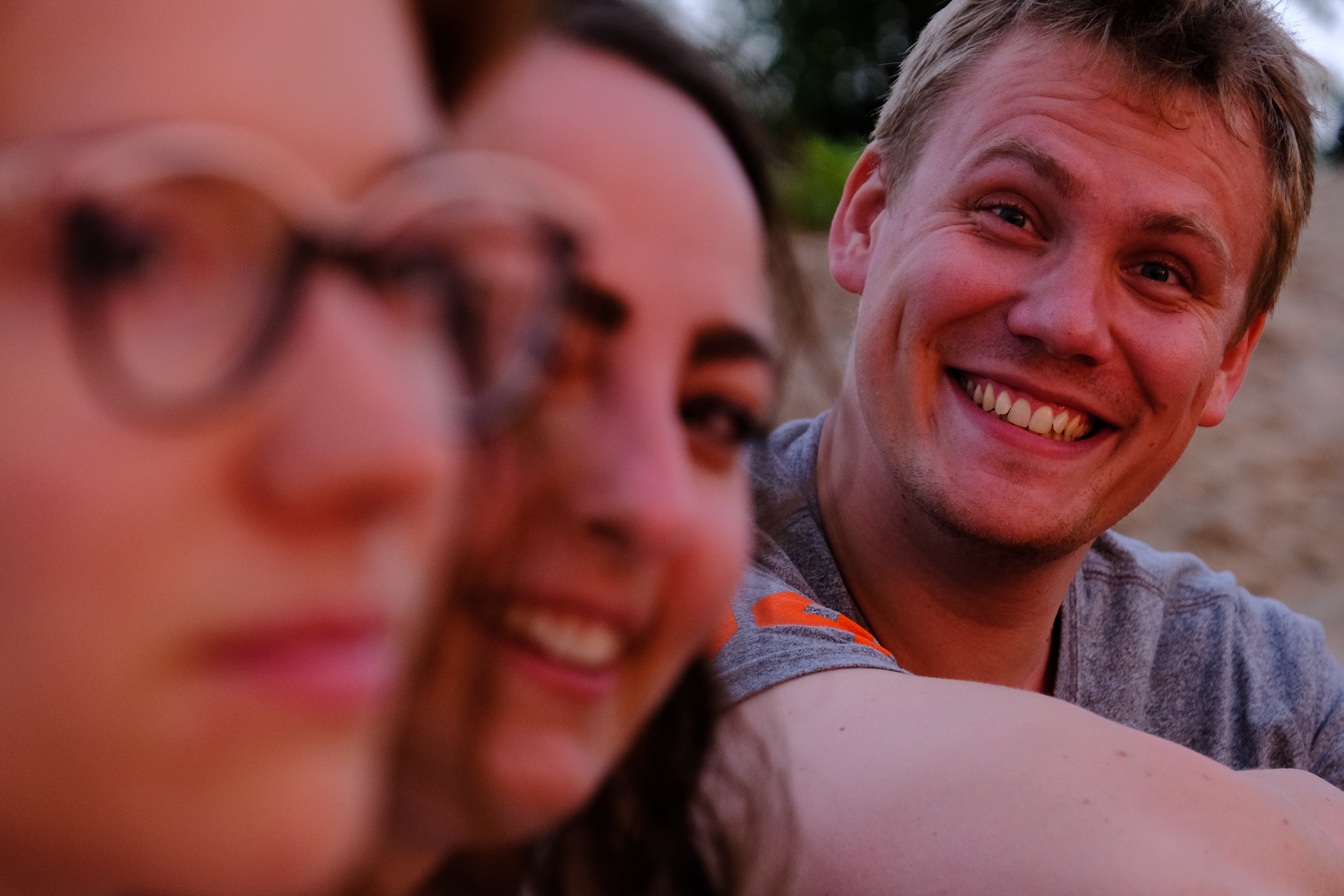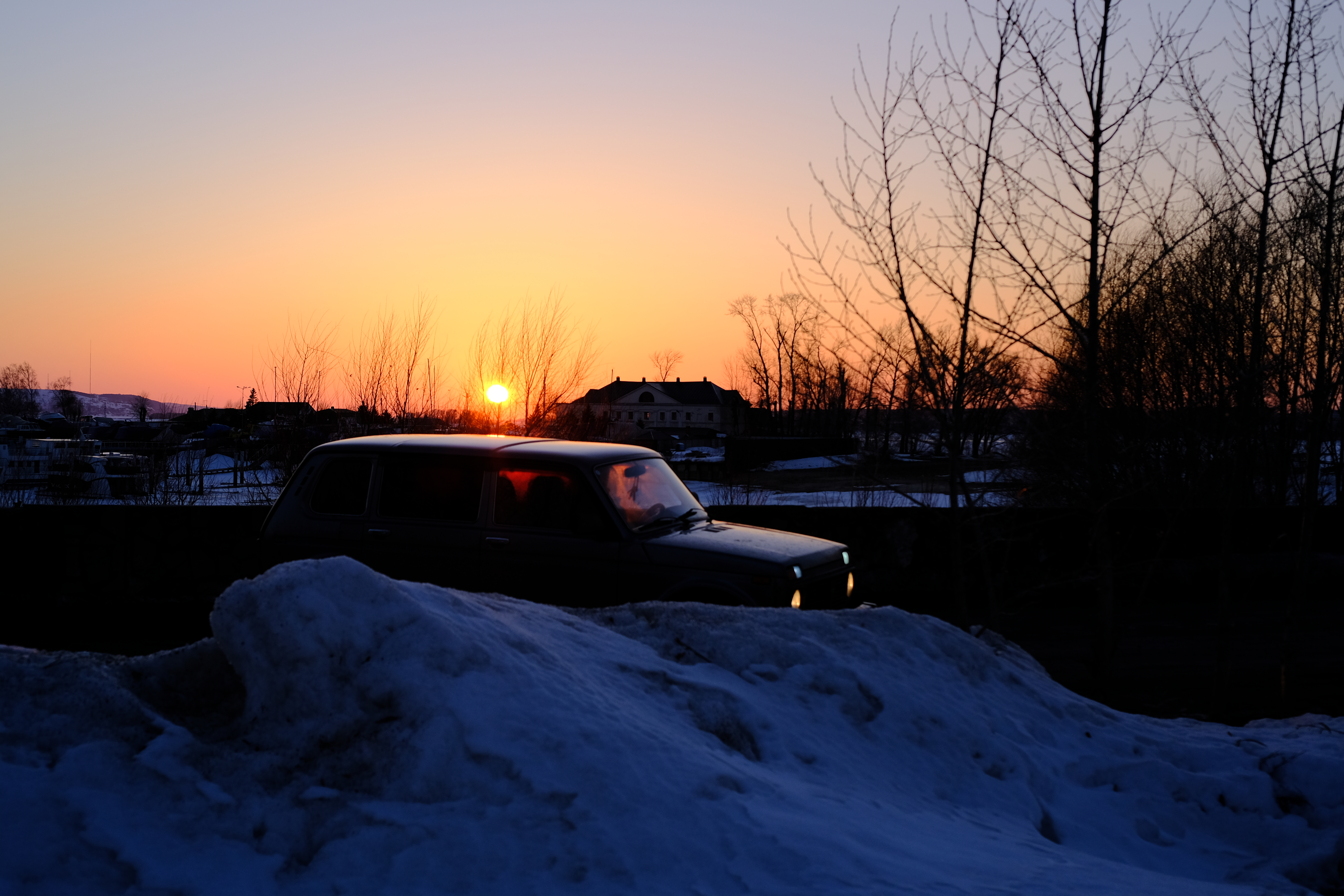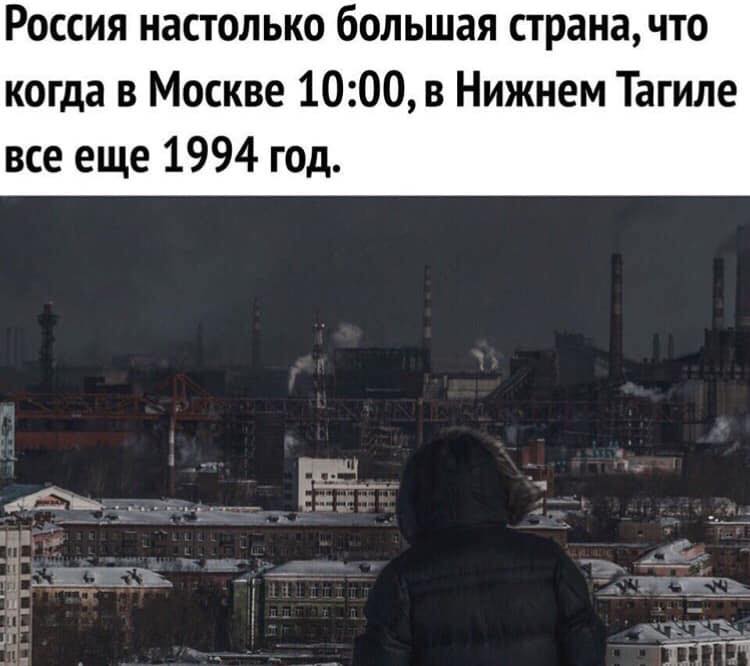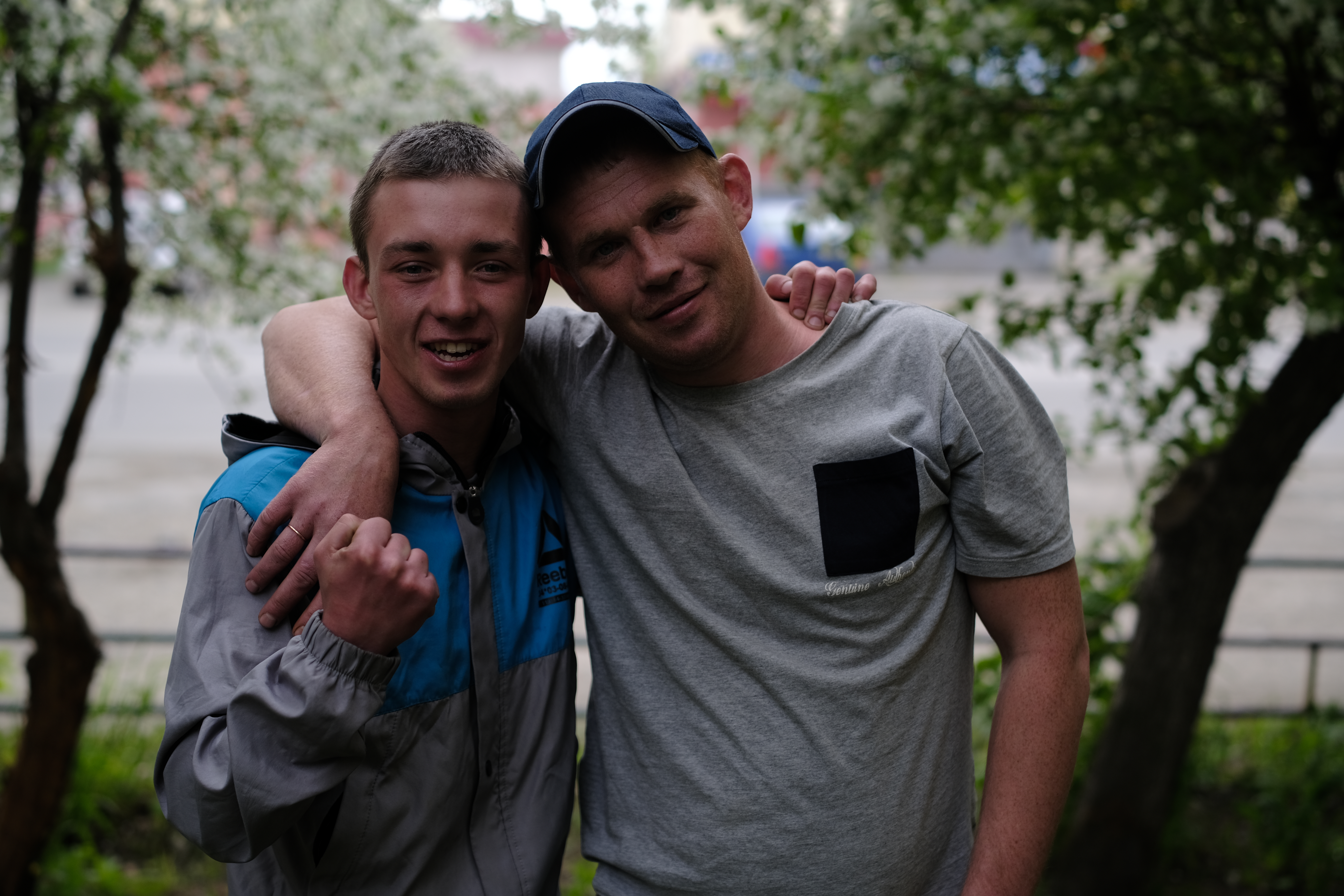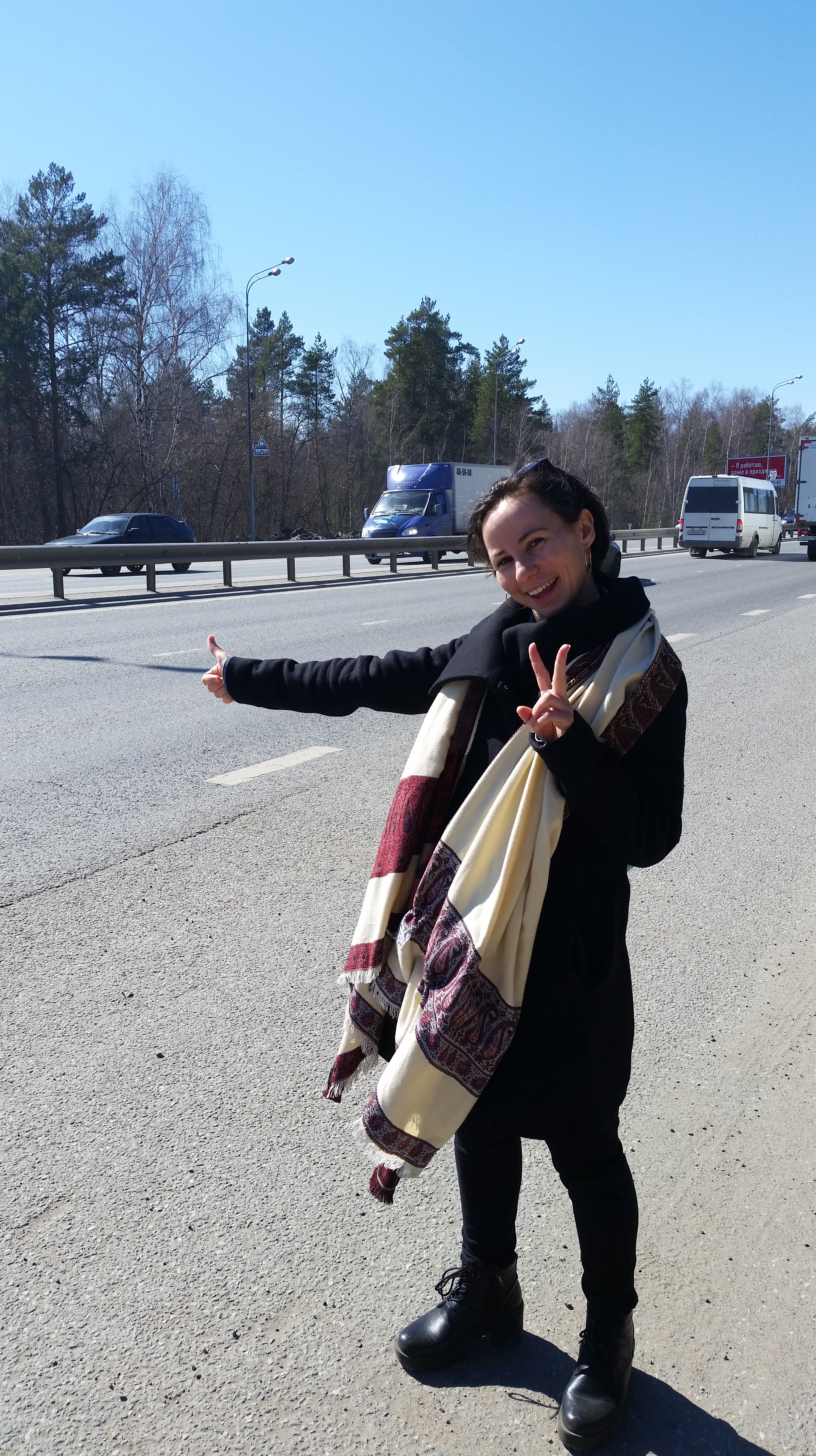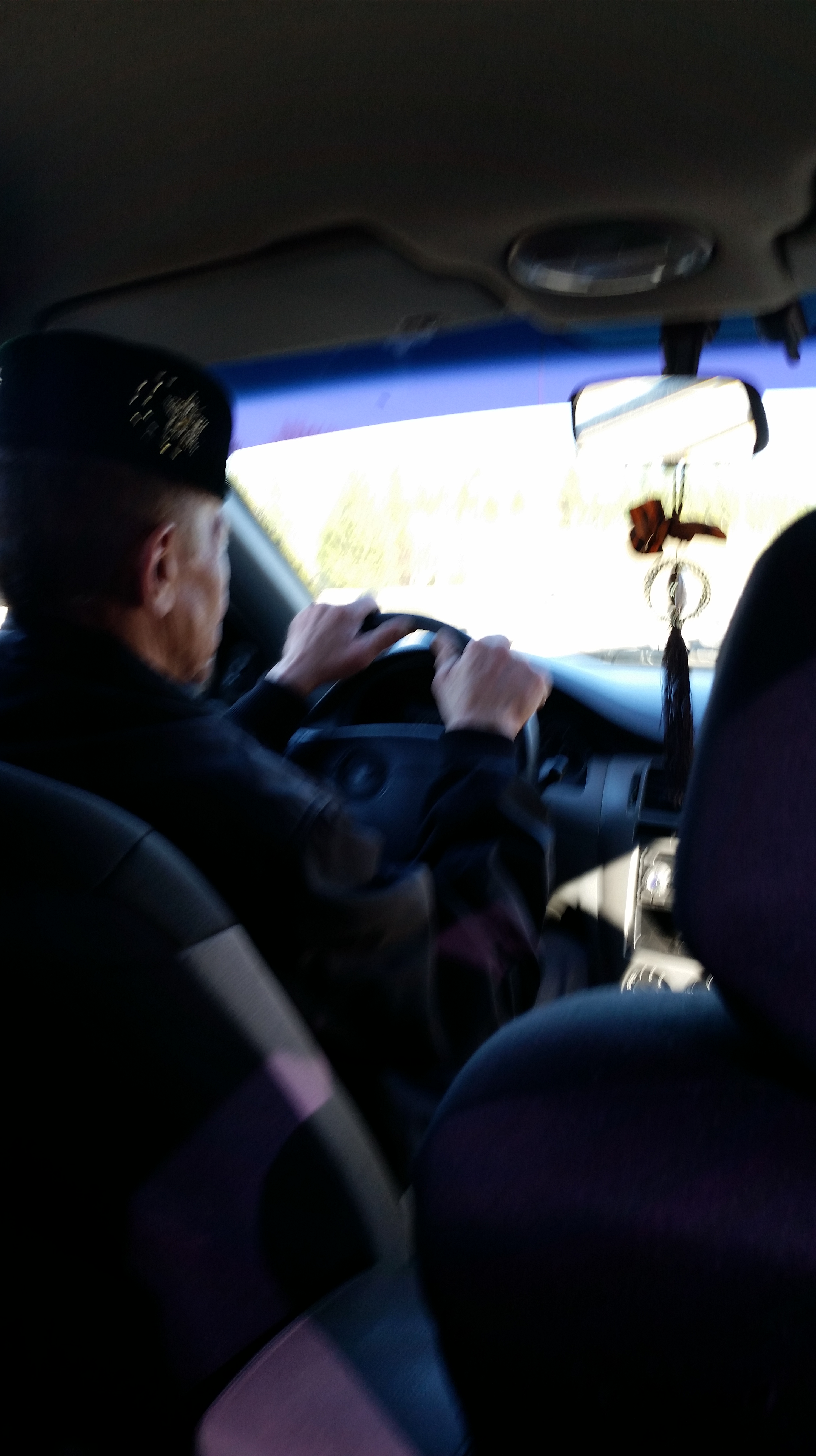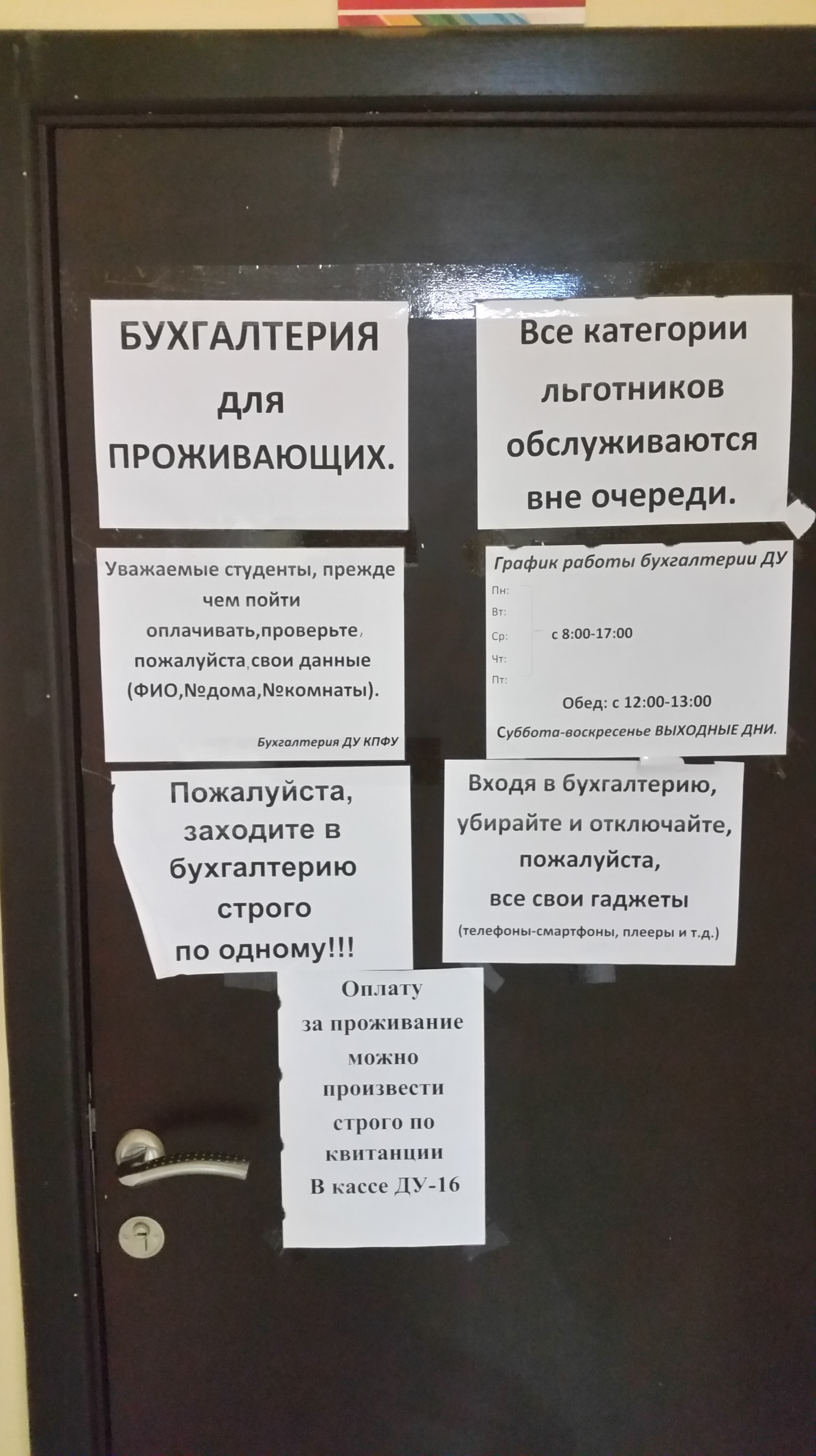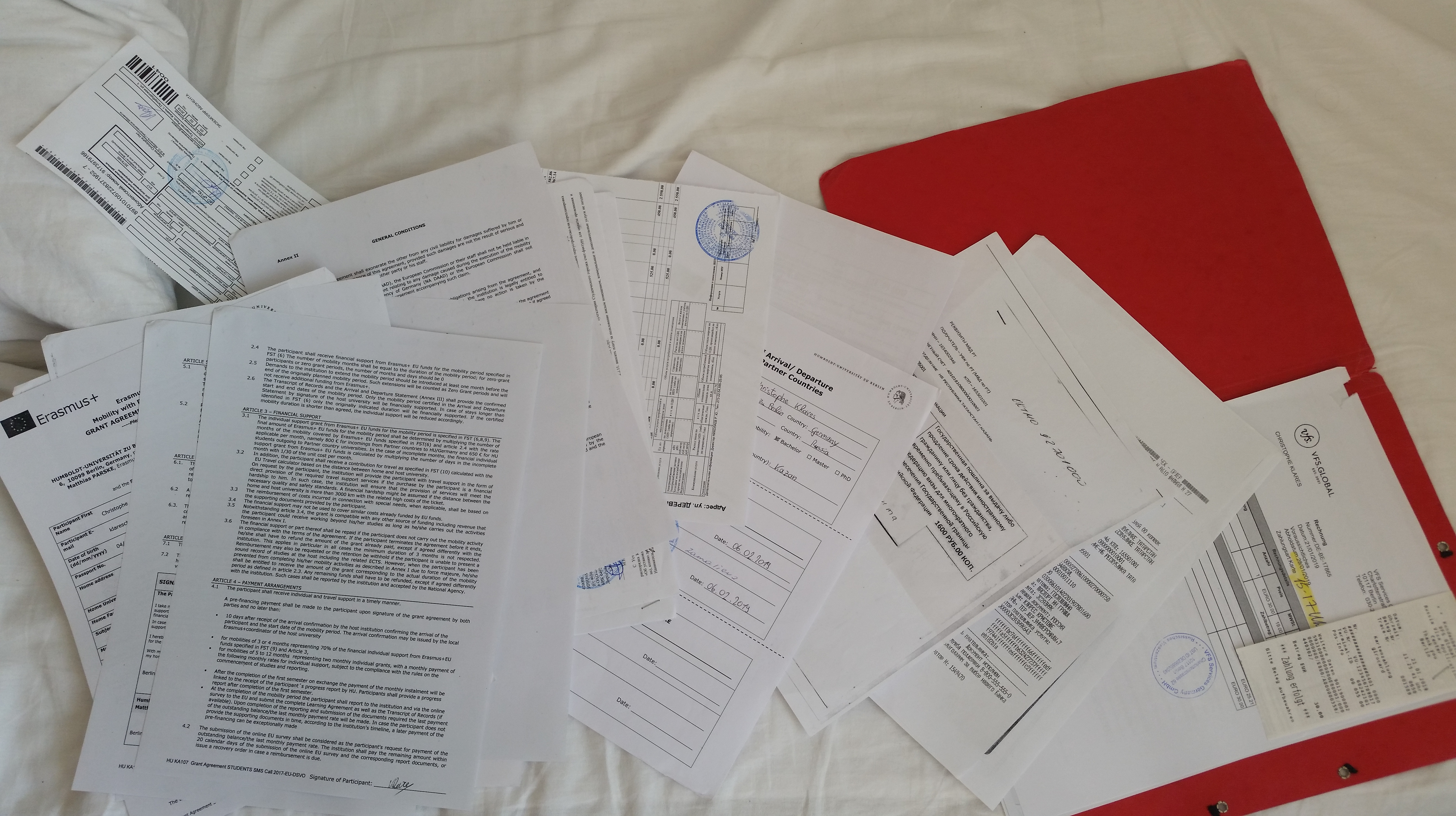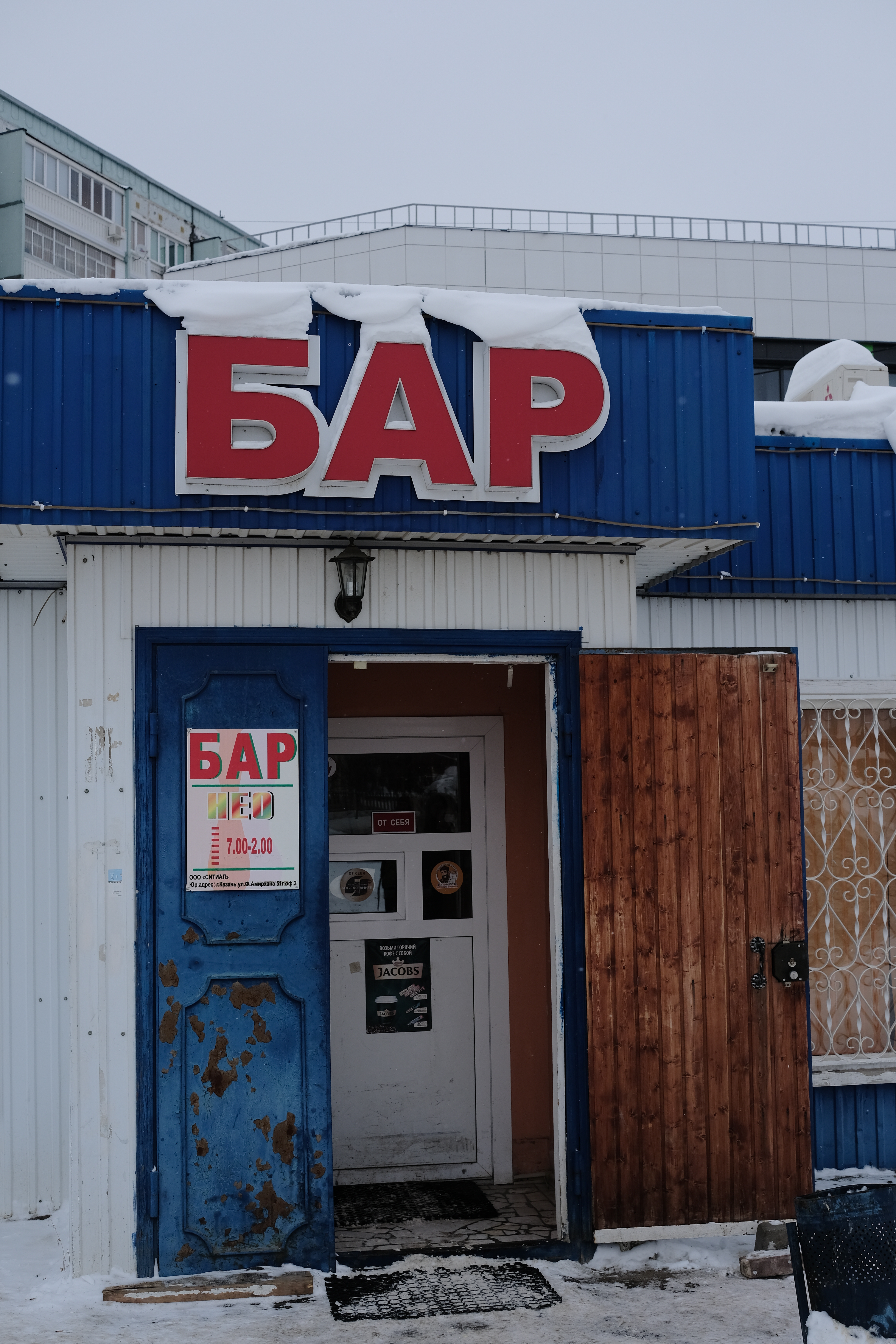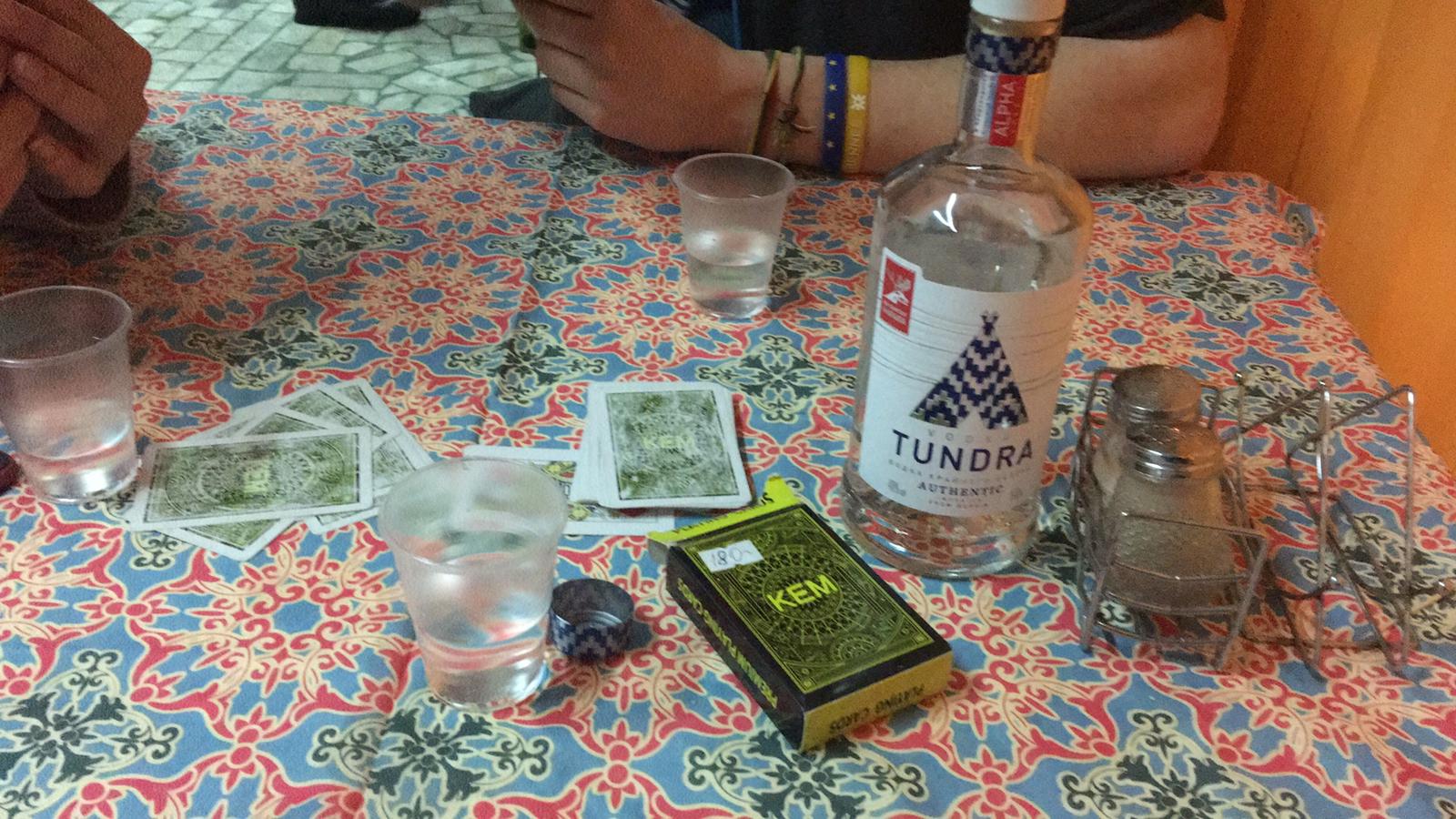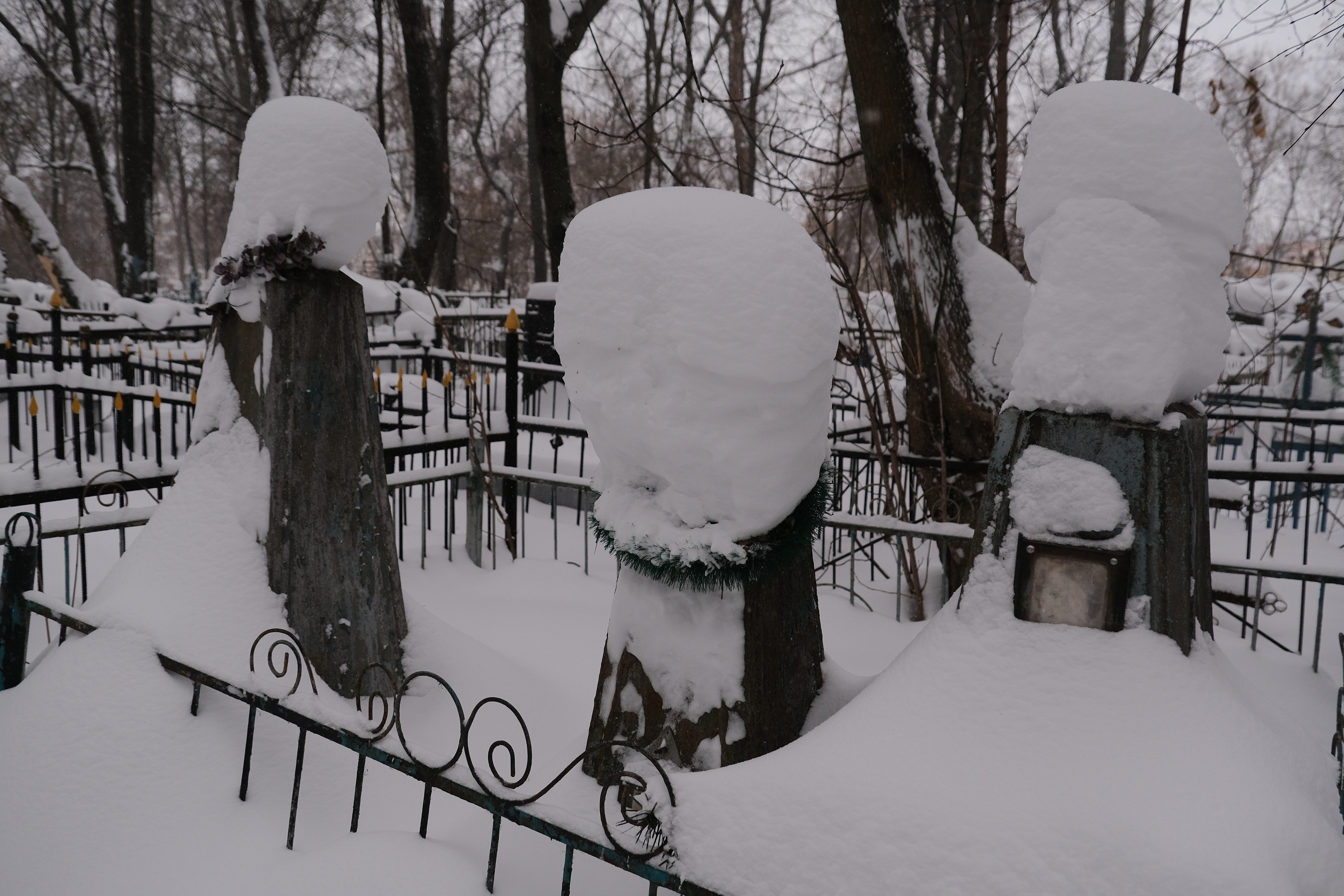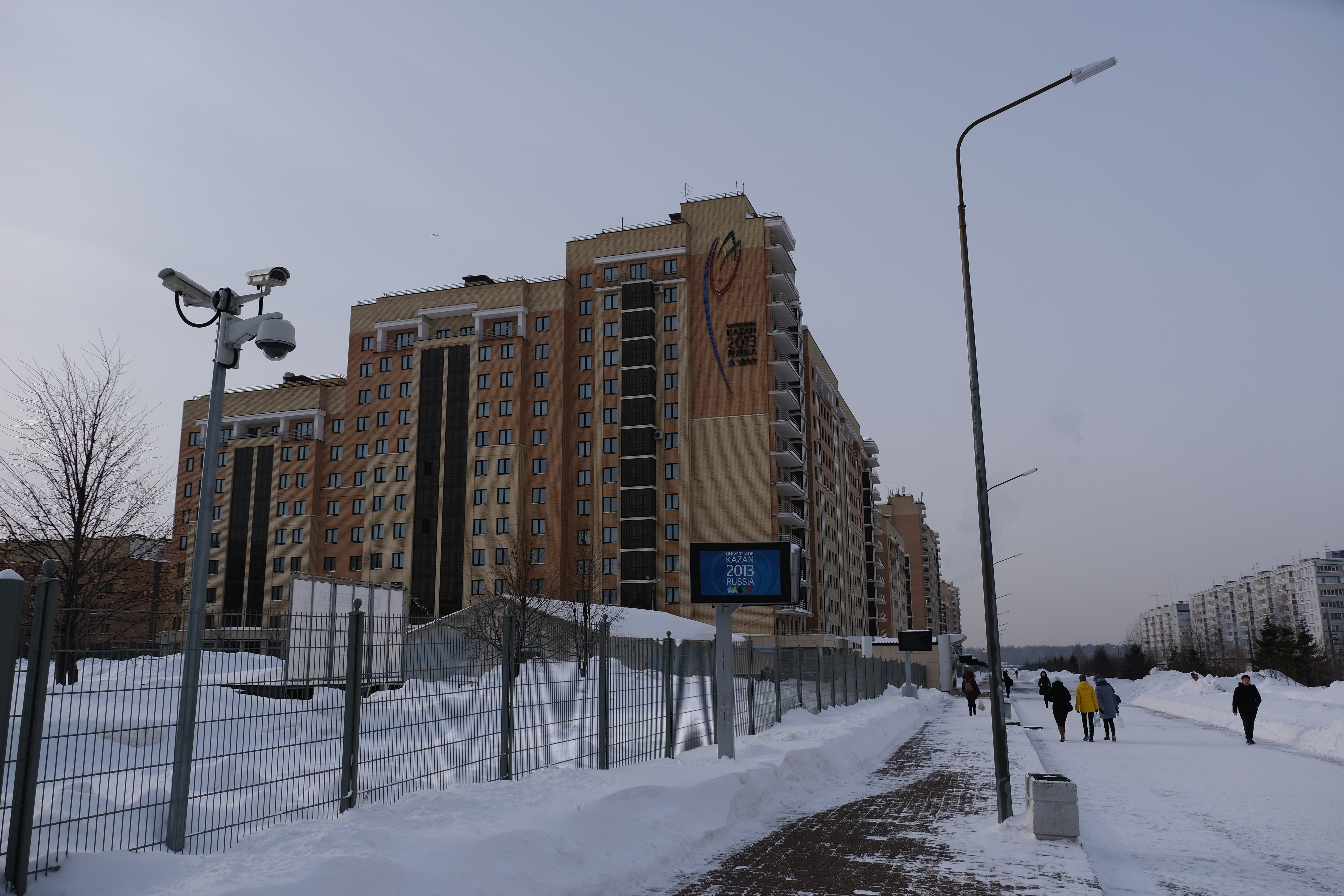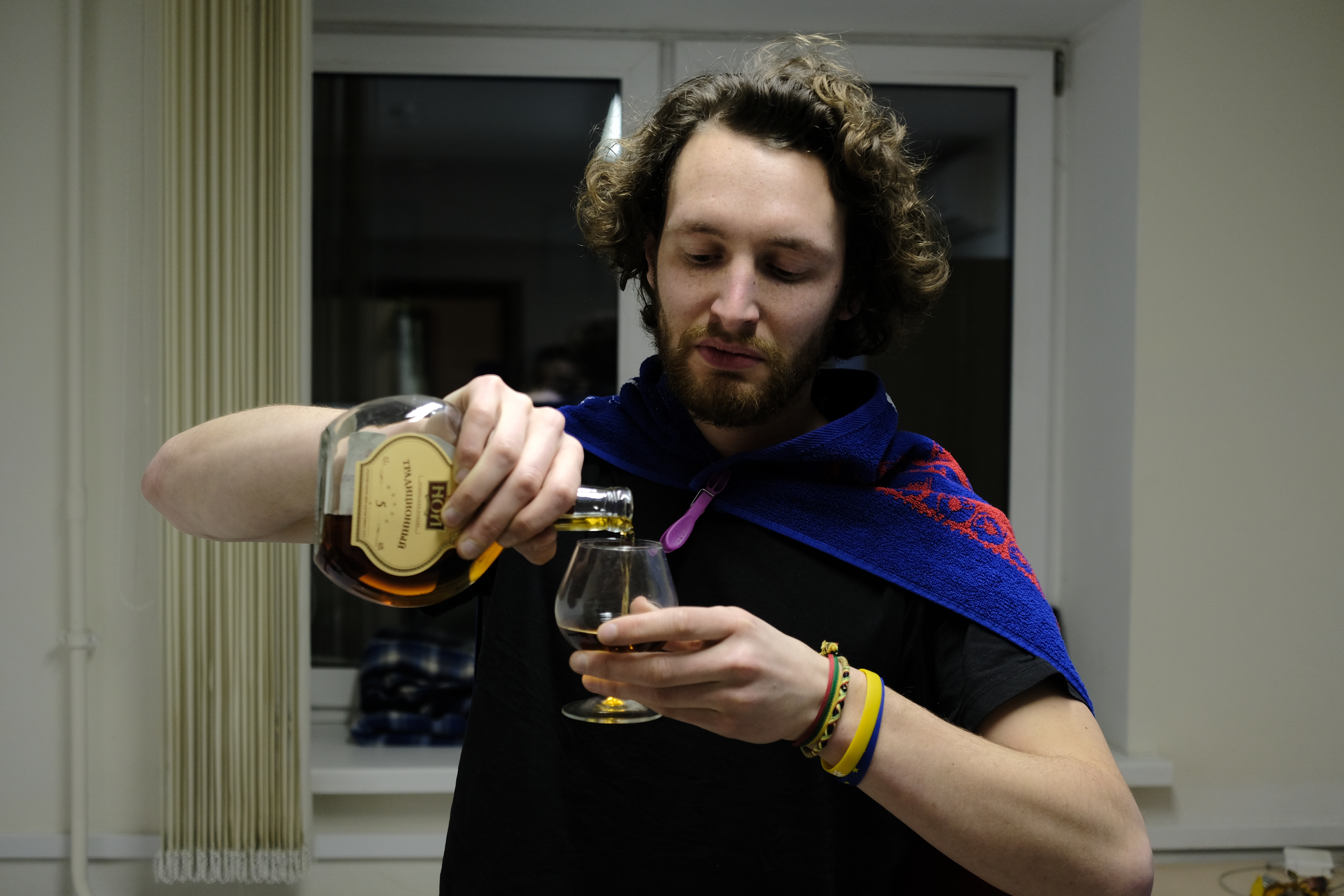Alternative title: How to get yourself cancelled in Turkey
First, let me begin with a few words from my sponsor: I haven’t got one. Please, I am young and I need the money! It’s very welcome.
Cheers.
Second, I don’t want to tell you a chronological recount of every place we visited. I’d rather content myself with telling you my opinion, of retelling you the view of the local population and of giving you a broad overview.
Judging by the title you may be able to guess where I was this time. I stayed in a very ancient land, one that may be called the cradle of complex human civilisation and one that harboured a great many cultures and religions, starting from whatever people believed in at Göbeklitepe and the surrounding archeological sites to today’s love for techno. You will find traces of everything in between and they are all randomly placed all over Anatolian. In fact, almost every touristic spot was built by Romans, Byzantine (Eastern Rome), the Greek, Stoneage people, Armenians or Tsarist (pre-Soviet) Russians. Now, why did I fail to mention Turkey in this enumeration? The reason could be attributed to the fact that Turkey has extremely little to offer in terms of genuine and picturesque Turkish buildings. Apart from a few bridges and countless mosques – some of which are wonderful to look at – Turkish architecture is limited to concrete. To cities made of concrete. Wonderfully fertile, fresh soil covered in murderous concrete. There’s, of course, a well-founded reason for this brutalism, but I will get to it in a bit. Let me first conclude this part by saying that Anatolia is filled with stuff from the past.


I had the pleasure and privilege of meeting Valentin, the French teacher, fellow writer, poet, traveler, dear friend, back in Georgia and convince him to join me on this trip. For the first time I’d spent a trip of a month with the same person. We set off in Batumi from where we followed a somewhat planned traveling route. The plan was to hitchhike as much as possible, visit a few well-situated places and stop every five days, so that he could give his French lessons online and uninterrupted. His companionship was a reassurance to me and me to him. During difficult times (mostly caused by a failure to stop a ride), we’d supported each other, read to each other or occupy our minds during endless hours of raising our thumbs in vain. I gave him reassurance by having a functional credit card and the availability of money. Curiously enough, just before our departure to Turkey, he gained 900 Lari in a casino in Batumi and got his credit card hacked at the same time. God gives and God takes, it’s a perpetual up-and-down-situation with this dude…

Crossing the border to Turkey. For Valentin it’s a goodbye forever. 
Better off in Mardin. 
Hard at work.
Luckily that senior, possibly bearded guy up in the sky gave us the ability to think and come up with a nice travel itinerary and he bestowed our ancestors with a similar ability, which caused them to create some interesting places along the way. Here’s our itinerary:

God… right, God! Or Allah. Let’s return to his fellow for a minute. It’s pretty much the same idea and probably as old as mankind itself. A higher power of some sort. A representation of a superiority that connects everything we can and cannot perceive. Comes in different shapes too! There are the fancies deities, for instance Cthulhu, the tentacle God of destruction, or the giant turtle that hatched the world. There’s also the pagan god figures such as the ones in Göbeklitepe, that had been created to give life, death, the world and everything else reason. At some point humans lost much of their creativity and agreed on believing in only one person (let us simply blame Tik-Tok for this evolution). The magical, mysterious and frightening supernatural power may have changed, but the questions remain unanswered. Anyhow, some countries like Turkey are Muslim and there’s no doubt of this in Western Armenia (Eastern Anatolia). Ramadan is being celebrated and life adjusts to it in a most radical way: All restaurants are closed until the break of the fast, the Iftar, and the overall movement around the cities is slowed down just to come to a complete stand-still during the break. It becomes magically quiet. The silence in the cities because total, as every dehydrated and famished person rushes home to eat and drink and smoke a cigarette. No soul is seen outside. Then, within 15 minutes all is over and the streets are overflowing with happy people. The withered, yellow faces suddenly took back their normal texture and colour and night becomes day. Religion clearly takes a major role in people’s lives, even though it remains a choice of adhering to it – many girls refuse to wear the hijab for instance. Here I might add that the Islam is also being used as a political tool to keep people quiet, proud and dumb, but that would go beyond my competencies.
In general everyone we talked to in Turkey has a propensity to being in strong disagreement with the politics. The Kurds feel discriminated and left out of the political equation, the youth wants to go abroad and experience freedom and excitement, old people become nostalgic about Atatürk; all of them suffer from the dramatic inflation, from corruption, repression, a rotten education and a apprehension of lurking terror. To give you an example: the average income in Turkey is about 5000 Lira a month, which is already 16 times less than Euro. In Luxembourg there are not too few people (though by far not the majority) who earn this sum in Euro. Even if local prices were equal, the Turkish population would still earn a fraction of what a somewhat wealthy person earns in Lux. The price gap is enormous as well: not taking into consideration that alcoholic beverages are taxed heavily, a beer in a typical bar costs 35 to 40 Lira. I’d like to see you pay 40 Euro for a refreshing, fermented hop juice!
Moving on to transportation. I have been incredibly spoilt by the Armenian hospitality. Coming to this wonderful country where hitchhiking is always the fastest way of getting around, Turkey felt like the angry voice of a long-forgotten teacher, interrupting your reveries. We waited, frustrated. We stood at the road side, ready for any car. And we waited some more. In the meantime, Valentin would read me some Bukowski poems, while I tried to remember Turkish swear words. And then we waited a little bit more. Before Erzurum, this was especially true. And when someone did eventually stop for us – a ride in the cow wagon – the driver expected us to pay the preposterous sum of 500 Lira per person!! We played it cool, as we already knew he would not kidnap us and simply waited for him to stop and kick us out.
For most of the remaining time in Turkey we traveled by bus, which are fairly decent.
We once tried to take a train. Bought a ticket and everything online and felt prepared for the first time. However, when we got to the bloody train station, the ticket office worker plainly told us it’d run in four hours late. Fair enough, we thought, we’ll try taking a bus instead. But there was no more bus, they told us. We resorted to our last way of leaving: hitchhiking. A bus stopped for us and we left.





Anatolia is a densely populated place, especially the cities. A demographic explosion is taking place, coupled with a firm immigration that forces the Turkish government to erect apartment buildings in great number and without much concern for the environment. At first this was surprising, but then you hear countless stories of families having 10 or 11 children. I always feel a little reluctant to congratulate them on their successful love life and would rather be inclined to ask them if they haven’t heard of preservatives. Upon first hearing of this birthrate, I understood the beggarly children in the streets, kids squatting in dumpsters, the vast number of young gangs, the vastly impoverished families and the lack in perspective for the younger generation. They are nice though and were all keen on talking to foreigners in their quasi-nonexistent English. Discussion would start in the usual manner:
-Hello! Where are you from?”
– Luxembourg, I’d answer, knowingly saying this in an English accent.
Silence. It is virtually impossible for anyone to understand this. Usually I don’t let the awkward silence build up for too long. After a second of confused looks I’d add:
– Lüksemburg, the Turkish way of saying it, which one in one thousand may have heard of.
This is pretty much as far as our conversations would go. In an attempt to cover their inability to speak in a foreign language, the children would then bombard me with a million question in Turkish to which I would reply that I didn’t speak the language.
Great talks.
Communication in general was rather problematic, since almost nobody spoke anyother
The climate is harsh for most of the eastern part of the country. Snuggly situated between the mountains in the south and north and the western Caucasus mountains, no wind would carry humid airs from the seas, leaving an insupportable radiation from the sun lick the surface without any opposition. Valentin and I had to wear winter clothes for the first part of the journey until we reached Mardin in northern reaches of Mesopotamia. Things got a little better from there on. The sudden appearance of the vast, blue sea broke our equanimity to the beauty of the lands, which you will face sooner or later after having traveled for a longer period of time. The heat was hot and air was filled with a thousand sounds. Antalya came as a relief. We had left the drawn-out winter behind the vast Taurus mountain range and a renewed flow of energy swelled in our hearts.
Long story short, I had left one face of Turkey behind and entered another one. Valetin’s and my path split. Farewell, once you’ve survived the “infernal anthill” that is Istanbul you shall discover all of Kazakhstan! Thanks for the nice formulation too.
Once parted, I changed my travel plans, due to knee pain. Instead of continuing my travels for the remainder of summer, I rescheduled and resolved to return home after visiting a dear friend in Rhodos and participating in the “Get your own Picture” youth exchange in the heavenly Kabak Valley, at Yerdeniz camp (we shot some amazing short films). Both of them included getting back in touch with many Europeans at the same time and always involved alcohol. Everyone is a social drinker it appears. Tough if one has left this society just long enough to see the benefits of being sober. All this drunk talk, the urge to impress and the flat-lustrous, lewd and hazy faces have become somewhat repugnant to me. It’s a psychological burden to carry when one refuses to relapse into old and bad habits, but is constantly surrounded by drunkards. A reduction in alc consumption should be considered by everyone, especially in regards to the elevated effectivity, when administered eventually.


Joining the drunk crew for one crazy night
One last note to end the blog entry: I only scratched the surface of my impressions; I accumulated a fair amount of knowledge and information (emotional, culinary and dry data) and choose to share only a very limited with you, whoever reads this. It wasn’t all sunshine, not all dark. I deliberately tried not to do cherry-picking as it is not my style. Therefore, I’d like to dedicate these last lines to the ambiguity I feel towards Turkey. It’s a fascinating country full of miraculously beautiful sites, littered with interesting people, contemplations about life and death and the universe, various food, breathtaking views, great distances, extremes, sadness and happiness, disturbing views on sexuality and much more. However, much of it has been built on conquest and turbulences. Many historical sites were erected by the victims of history, but little credit is given to them, hence the controversial title.
Before I conclude with a series of randomly chosen pictures, here’s a song that followed me throughout our journey through Eastern Turkey:
https://www.youtube.com/watch?v=KeQQpLembyk&ab_channel=SerjTankian-Topic




























































